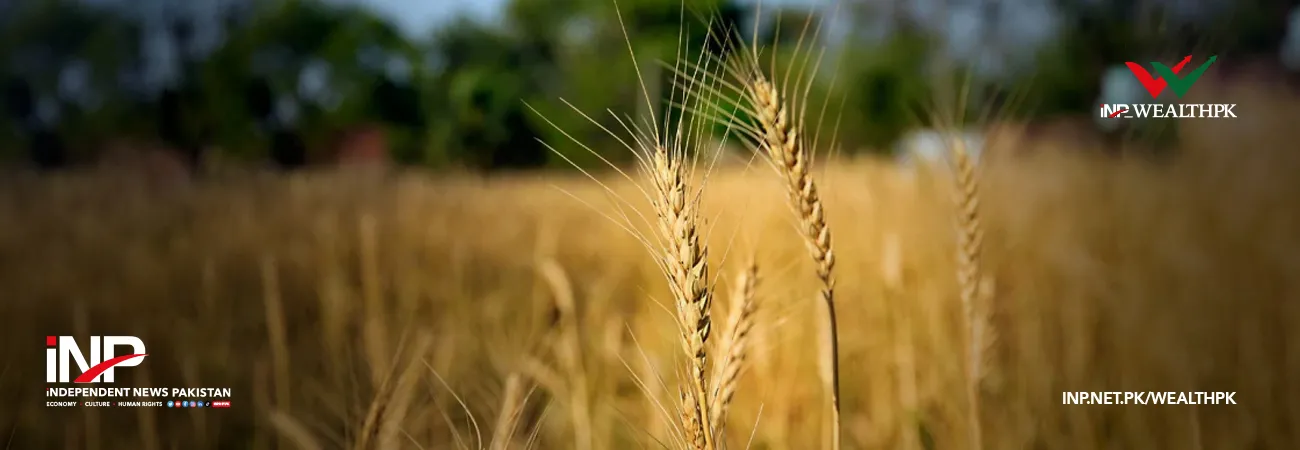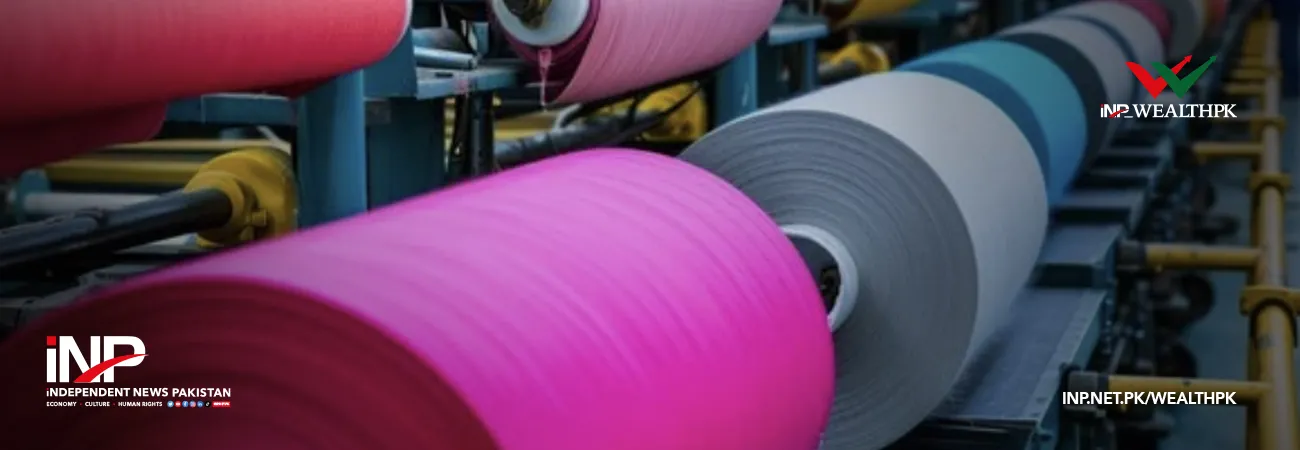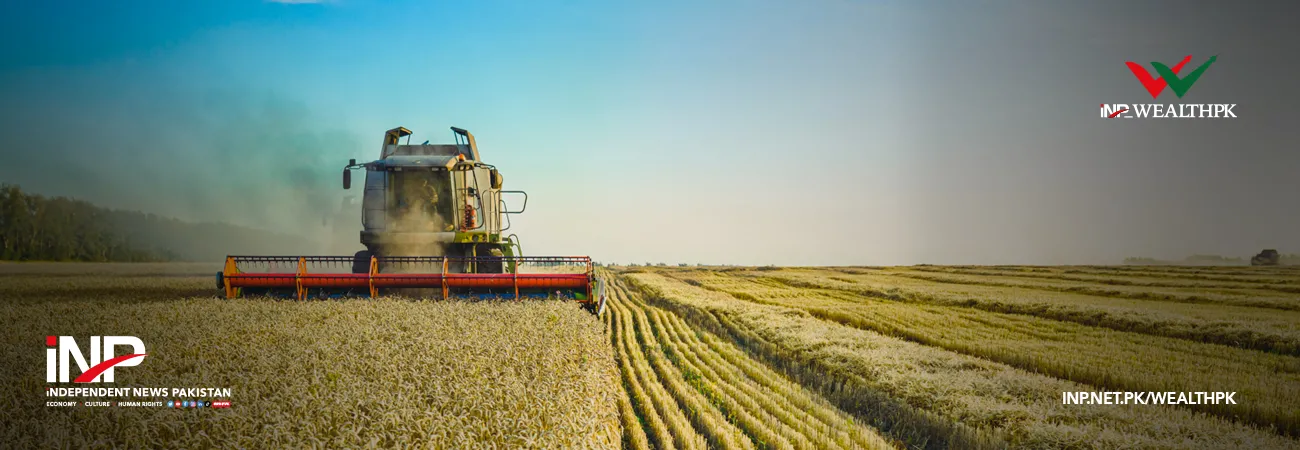INP-WealthPk
Ahmed Khan Malik
The sowing of various Rabi crops has been delayed in Sindh due to the adverse effects of climate change on the agriculture sector.
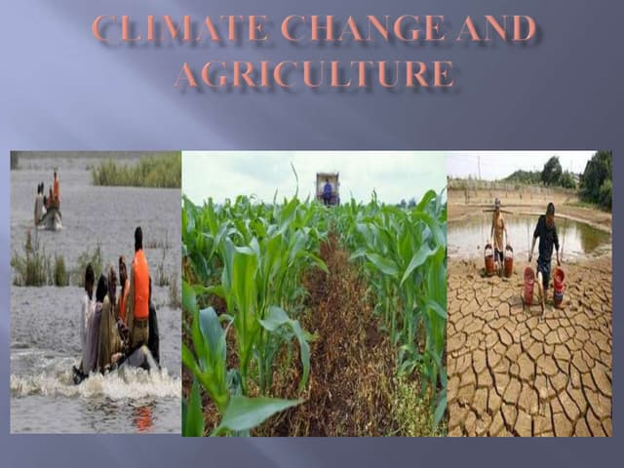
Crops like soybean, sunflower, onion and tomato, traditionally cultivated in early November, have yet to be sown this year because of unfavourable weather conditions. These crops require cold weather for sowing, but the region is still experiencing high temperatures.
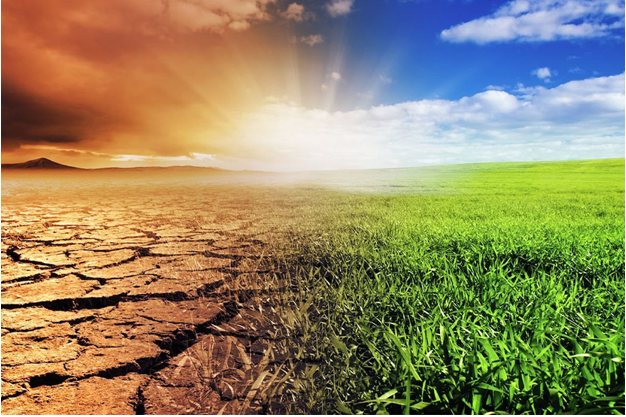
Bashir Narejo, a grower in Jhaddu area of Mirpurkhas district, told WealthPK that winter has yet to start in the area due to climate change. He pointed out that winter typically started in November, however this year, the weather is still hot, which is not favourable for sowing Rabi crops. He said that climate change has also led to reduction in the sowing area. Narejo anticipated that production of Rabi crops would be low because of the change in weather conditions. Officials in Sindh Agriculture Department also acknowledge the adverse impacts of climate change on the agriculture sector.
Nisar Morai, the department’s additional director, said that the agricultural sector is a major contributor to Sindh’s GDP and employment. “Agriculture is also a major source of income for most of the rural population, but its vulnerability to climate variation such as precipitation and temperature is extremely high.” He said adverse impacts of climate change on agriculture and related sectors could be addressed through appropriate policy responses and their implementation at field levels. “Adequate investment for adaptation measures can minimise the impacts through building resilient agriculture, including sustainable infrastructure.”
Morai noted that climate change impacts on agriculture are high in Sindh as compared to other provinces. “Climate change may impact livestock production in the province through spread of vector-borne diseases, macro parasites, and drought-induced shortage of fodder. This can push rural households into chronic poverty,” he warned. Morai pointed out that rise in temperature can also cause psychological impact on animals, reducing milk and meat production. He said the deltaic region of the River Indus is getting drier and saltier due to inadequate influx of fresh water. “This can severely deplete fish population along the coast,” he said.
Credit: INP-WealthPk



